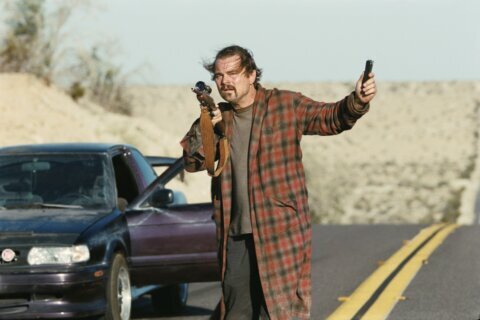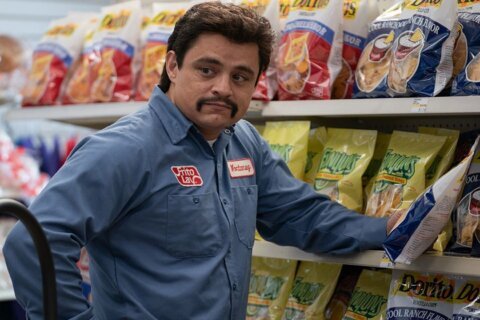WASHINGTON — This weekend marks the beginning of the end for “Mad Men,” which will roll out its final season in two parts, starting with the Season 7 premiere at 10 p.m. Sunday night on AMC.
The Writers Guild of America recently voted it the No. 7 best written television show of all time, behind only “The Sopranos,” “Seinfeld,” “The Twilight Zone,” “All in the Family,” “M*A*S*H” and “Mary Tyler Moore.” Perhaps more telling are the next six shows it beat out: “Cheers,” “The Wire,” “The West Wing,” “The Simpsons,” “I Love Lucy” and “Breaking Bad.” All this comes before the show has even concluded, so it has time to make one last sales pitch for historic greatness.
But aside from the atmospheric suits, smokes and drinks, what exactly makes this show so special?
It’s the same thing that makes “Citizen Kane” and “The Godfather” iconic American tragedies. The show’s wounded, womanizing anti-hero Don Draper suffers from the same tragic impulses as Charles Foster Kane and Michael Corleone, longing for the lost innocence of a stolen youth.
As Don says in “The Summer Man” (Season 4, Episode 8), “We’re flawed because we want so much more. We’re ruined because we get these things and wish for what we had.” The same quote could just as easily come from Kane’s “rosebud” lips with Corleone’s haunting Lake Tahoe stare.
Don overcompensates for his scarred past with an insatiable pursuit of the American Dream, chasing it with such blind ambition that he loses everything in the process. This fatal flaw is best articulated in “Commission and Fees” (Season 5, Episode 11).
“Even though success is a reality, its effects are temporary. You get hungry even though you’ve just eaten.








